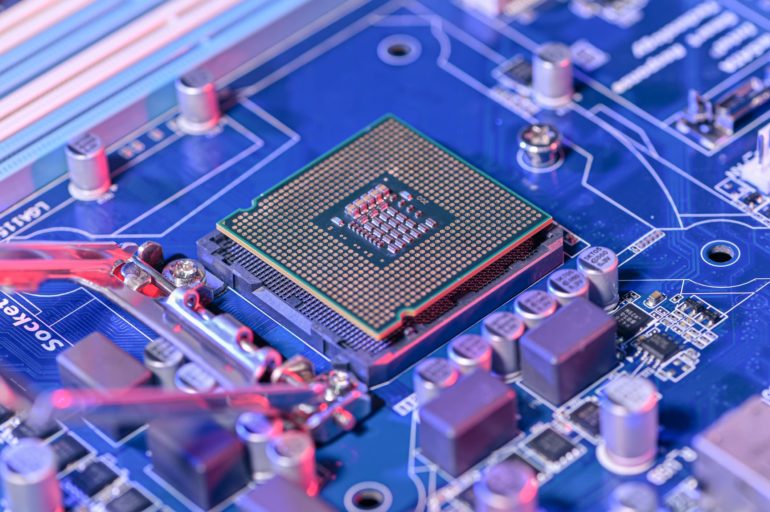A U.S. semiconductor start-up says its relationship with the U.K.’s largest chip plant ended abruptly when Chinese-owned Nexperia took over in July.
Pennsylvania-based Ideal Semiconductor told CNBC it was getting silicon wafers processed at the Newport Wafer Fab in Wales up until the fab was acquired by Dutch firm Nexperia, which is 100% owned by Shanghai-headquartered Wingtech Technologies.
Mark Granahan, Ideal Semiconductor’s CEO, said the processing has “come to a screeching halt,” adding his company is now having to “scramble” to figure out where it can get the work done.
Nexperia did not immediately respond to a CNBC request for comment, but a source close to the company, who preferred to remain anonymous due to the sensitive nature of the discussions, previously denied that contracts were being scrapped.
Mike Burns, chairman of Ideal Semiconductor, said fabs normally give “a little bit of runtime” and tell customers how many wafers they can process when an acquisition happens.
“It’s normally measured in months, quarters, or a year as opposed to being abruptly shut down,” Burns said.
The semiconductor executives said they were informed by Newport Wafer Fab by phone that the relationship was over, adding that they haven’t heard from the new owners.
Controversial deal
The sale of Newport Wafer Fab was initially approved by U.K. Business Secretary Kwasi Kwarteng but Prime Minister Boris Johnson has since ordered the nation’s national security advisor, Stephen Lovegrove, to conduct a review, with a verdict expected in the coming weeks.
It’s possible that the U.K. government will ask Nexperia to sell Newport Wafer Fab and a consortium including former Imagination Technologies CEO Ron Black is ready to make a bid if that happens.
Meanwhile, antitrust regulators are also investigating whether California semiconductor giant Nvidia should be allowed to buy U.K. chip designer Arm off Japan’s SoftBank, and the $40 billion deal is now in jeopardy.
Semiconductors are in short supply and lawmakers have realized that the companies making these devices might be worth protecting from takeovers.
China is putting semiconductors at the heart of its industrial strategy.
Chinese investment screening specialists Datenna believes China is lagging behind other countries on semiconductor technology but it’s trying to stimulate the sector through foreign acquisitions and government-run investment funds.
The Chinese government has been snapping up stakes in an increasing number of European semiconductor firms over the last decade through its state-backed companies, according to Datenna, which has built an interactive map as part of an effort to provide greater transparency on Chinese investments in Europe.



